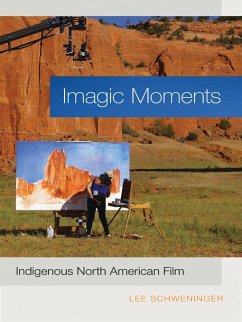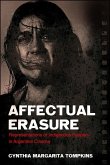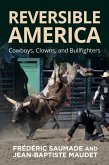In Indigenous North American film Native Americans tell their own stories and thereby challenge a range of political and historical contradictions, including egregious misrepresentations by Hollywood. Although Indians in film have long been studied, especially as characters in Hollywood westerns, Indian film itself has received relatively little scholarly attention. In Imagic Moments Lee Schweninger offers a much-needed corrective, examining films in which the major inspiration, the source material, and the acting are essentially Native.
Schweninger looks at a selection of mostly narrative fiction films from the United States and Canada and places them in historical and generic contexts. Exploring films such as Powwow Highway, Smoke Signals, and Skins, he argues that in and of themselves these films constitute and in fact emphatically demonstrate forms of resistance and stories of survival as they talk back to Hollywood. Self-representation itself can be seen as a valid form of resistance and as an aspect of a cinema of sovereignty in which the Indigenous peoples represented are the same people who engage in the filming and who control the camera. Despite their low budgets and often nonprofessional acting, Indigenous films succeed in being all the more engaging in their own right and are indicative of the complexity, vibrancy, and survival of myriad contemporary Native cultures.
Schweninger looks at a selection of mostly narrative fiction films from the United States and Canada and places them in historical and generic contexts. Exploring films such as Powwow Highway, Smoke Signals, and Skins, he argues that in and of themselves these films constitute and in fact emphatically demonstrate forms of resistance and stories of survival as they talk back to Hollywood. Self-representation itself can be seen as a valid form of resistance and as an aspect of a cinema of sovereignty in which the Indigenous peoples represented are the same people who engage in the filming and who control the camera. Despite their low budgets and often nonprofessional acting, Indigenous films succeed in being all the more engaging in their own right and are indicative of the complexity, vibrancy, and survival of myriad contemporary Native cultures.
Dieser Download kann aus rechtlichen Gründen nur mit Rechnungsadresse in A, D ausgeliefert werden.









